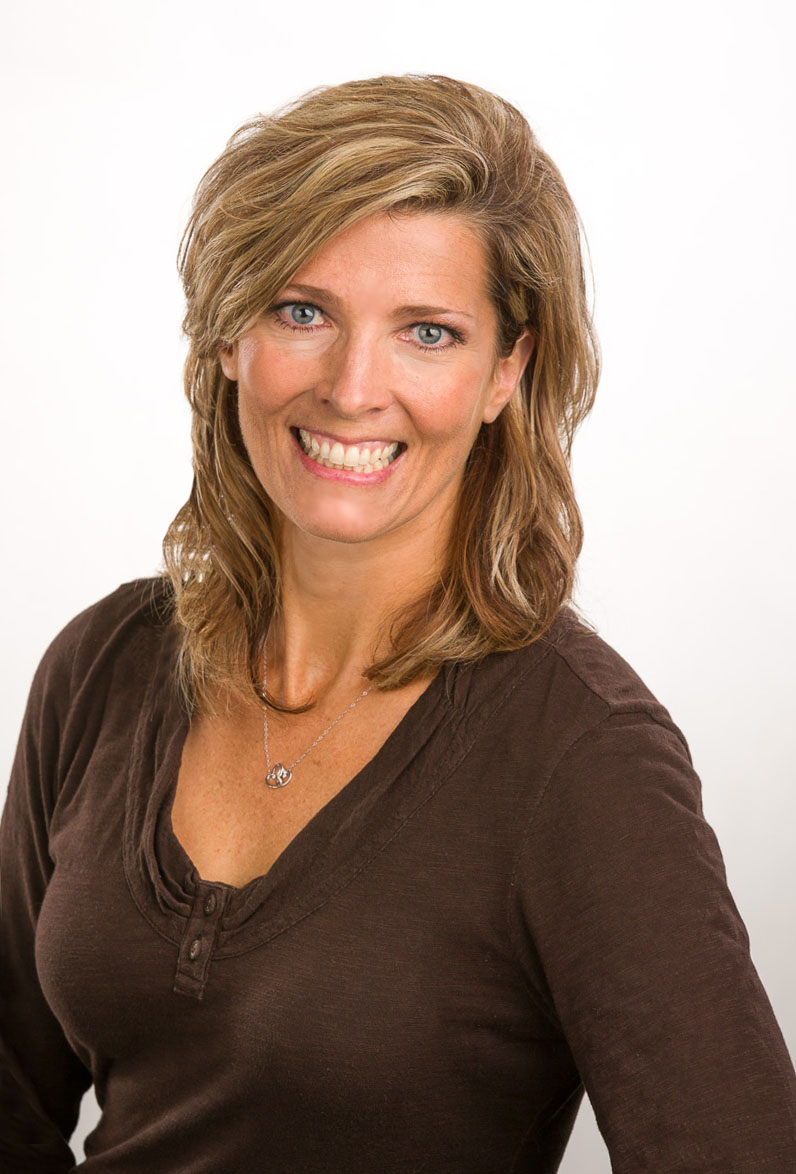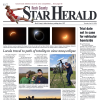
A “novel” virus is, by definition, a new virus, not previously identified.
When it emerged six months ago scientists knew nothing about it, except that it was highly contagious and could kill people.
Today we know a little about it, like how it’s transmitted and what it’s capable of.
But mostly, it seems, the more we learn, the less we know.
Things at first believed to be true about it (like, it kills only the elderly) aren’t always the case. And advice about masks seems to change daily. (The CDC now says everyone should mask up in public.)
Did the scientists lie? No. They simply didn’t know. They were, and are, still learning.
Where does this leave government leaders trusted to make decisions on our behalf? They shape policy based on emerging (changing) science, which means they’re destined to be wrong.
Err on the side of caution, and you kill an economy. Err on the side of business, and you risk human lives. Either way, armchair leaders are quick to lay blame.
The rest of us, meanwhile, have judged plenty on our own levels.
We judge the couple for proceeding with a wedding that may have gathered too many people in place. We judge friends for hosting graduation parties … or for not hosting graduation parties.
And we wonder if the social isolation of our senior loved ones may be worse than the virus itself.
Who knows?
The truth is nobody knows.
Some day history, with the clear advantage of hindsight, will tell a complete and accurate story of how the virus came to be, how it spread and how a vaccine eventually stopped it.
It will tell the story of a pandemic economy that stole jobs, opportunities and livelihoods.
It will tell the story of distance learning that omitted prom, graduation, spring sports and activities and once-in-a-lifetime senior memories.
It will tell the story of community summers amid the eerie absence of town celebrations, parades, picnics, summer camp and more.
But be aware – history won’t stick to science and society.
It will also tell the story of humankind … how we responded to science and, most important, how we treated each other.
Also be aware the pandemic story is still being written, so we still have a chance to influence the message.
While it’s natural to form opinions and reactions (mask vs no mask) based on our personal realities, the fact is we don’t yet know the “right” way to live in our pandemic reality.
But there is a “right way” to treat each other.
It’s a novel virus.
We’re still learning how to behave around it. We might do well to behave with compassion and respect.
We can’t control the virus or the science, but we can — and should — control how we respond to it … and how that chapter of history is told.



